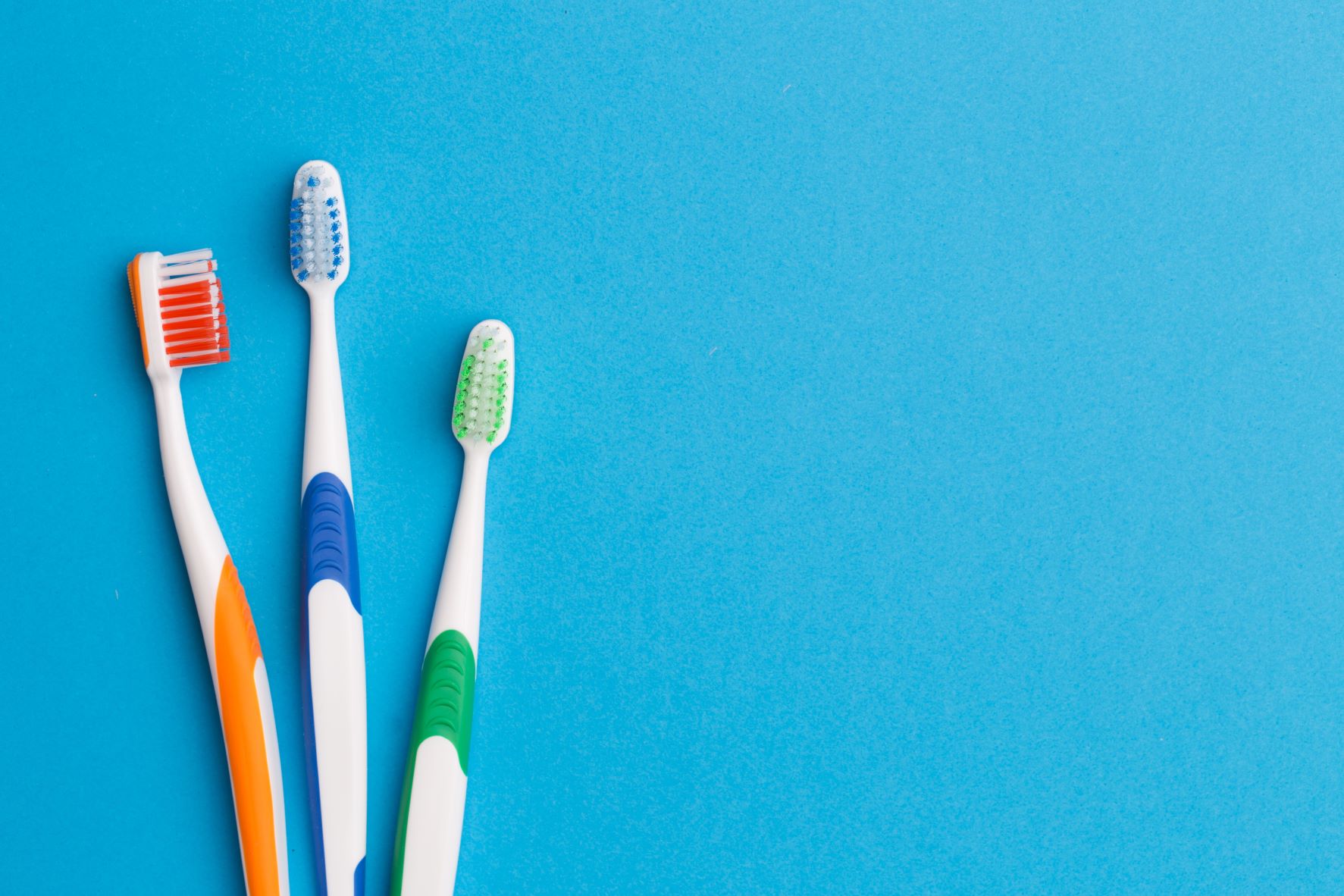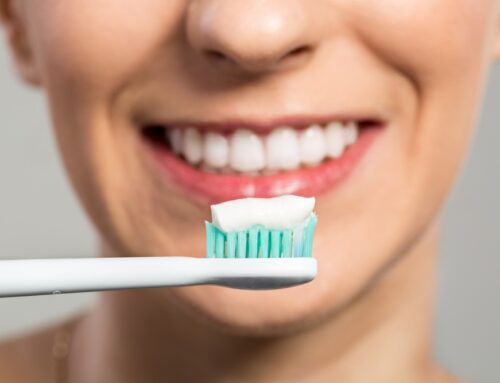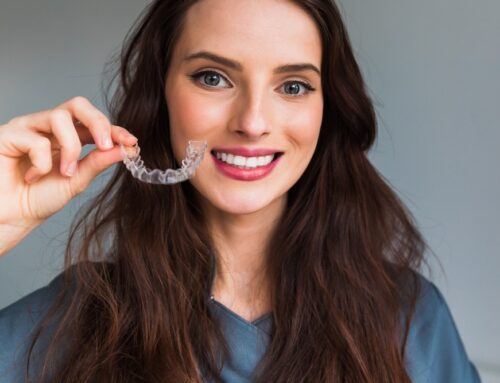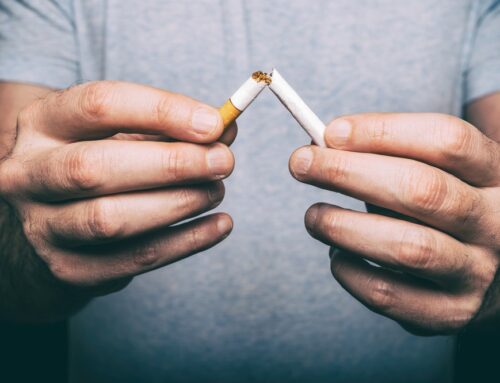It’s a new year, and that means it’s a good time to start thinking about some changes you can make in your life to make 2022 even better than last year. What will you do in 2022? Will you start working out? Take up a new hobby? Try out a new wardrobe? Those projects may be a bit ambitious; sometimes it helps to start small. In 2022, ZDental would like to suggest you start by changing your toothbrush and resolve to get a new one on a regular schedule throughout the year. So how often should you be changing your toothbrush? Read on to find out!
When to Change Your Manual Toothbrush
As a general rule, the CDC recommends changing your manual toothbrush every 3 to 4 months. When your toothbrush becomes worn, it won’t be nearly as effective at cleaning plaque and tartar buildup from your teeth and gums. Over time, that can put you at risk for tooth decay, gum disease, and more. While 3-4 months is a good lifespan for any manual toothbrush, if you notice your bristles become worn more quickly than that, you may want to get a new one just to be safe. And if you often notice your toothbrushes only last a month or two, you may want to think about adjusting your brushing technique to avoid damaging your gums.
When to Change the Head on Your Electric Toothbrush
While manual brushing is certainly effective at removing plaque buildup, electric toothbrushes make it even easier to keep your teeth and gums healthy. If you use an electric toothbrush, you should be aware that you will need to change the head more frequently than you would change out your manual toothbrush. Because the bristles are shorter, you will want to wait no more than 12 weeks before getting a new electric toothbrush head.
Correct Brushing Technique
As we mentioned earlier, if you are going through toothbrushes more frequently than you should be, it could be a sign that you are brushing too hard. Not only will this mean you have to buy more toothbrushes, but it can also damage your delicate gum tissue and lead to issues like gum or tooth loss. To remove plaque buildup from your teeth without hurting your gums, choose a soft-bristled toothbrush, and be sure to brush gently. If you notice your gums are bleeding after you brush, you may be brushing too hard. You may also want to speak with your dentist to ensure there are no other issues causing your gums to bleed.
Finding the Best Dentist in New Jersey and the Philadelphia Area
For more advice about your choice of the toothbrush, brushing technique, or for any other oral health concerns you may have, schedule an appointment with your dentist as soon as possible. For residents of New Jersey and the Philadelphia area, ZDental has 5 different offices for your convenience. Visit our contact page to find the location that works best for your and call to schedule or request an appointment online.







Leave A Comment